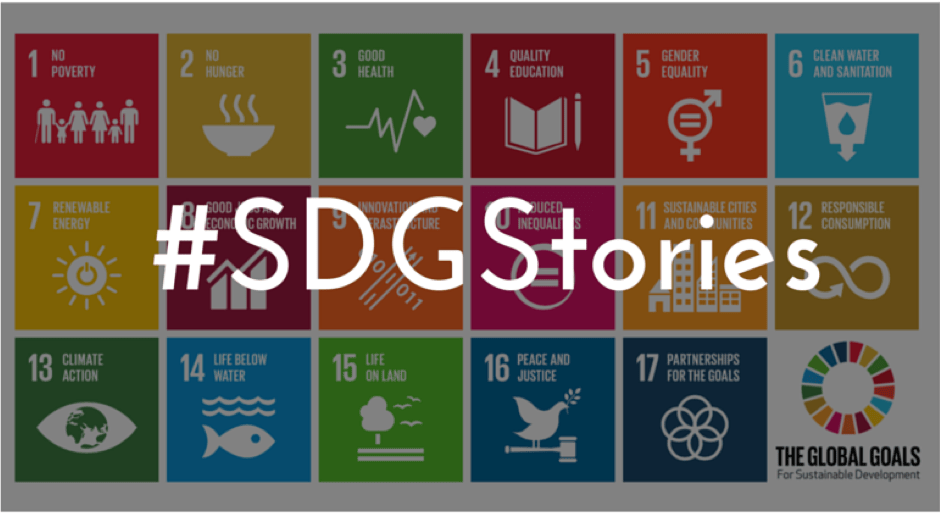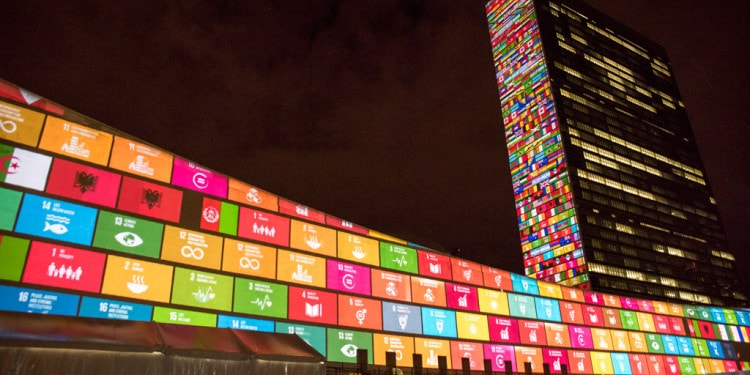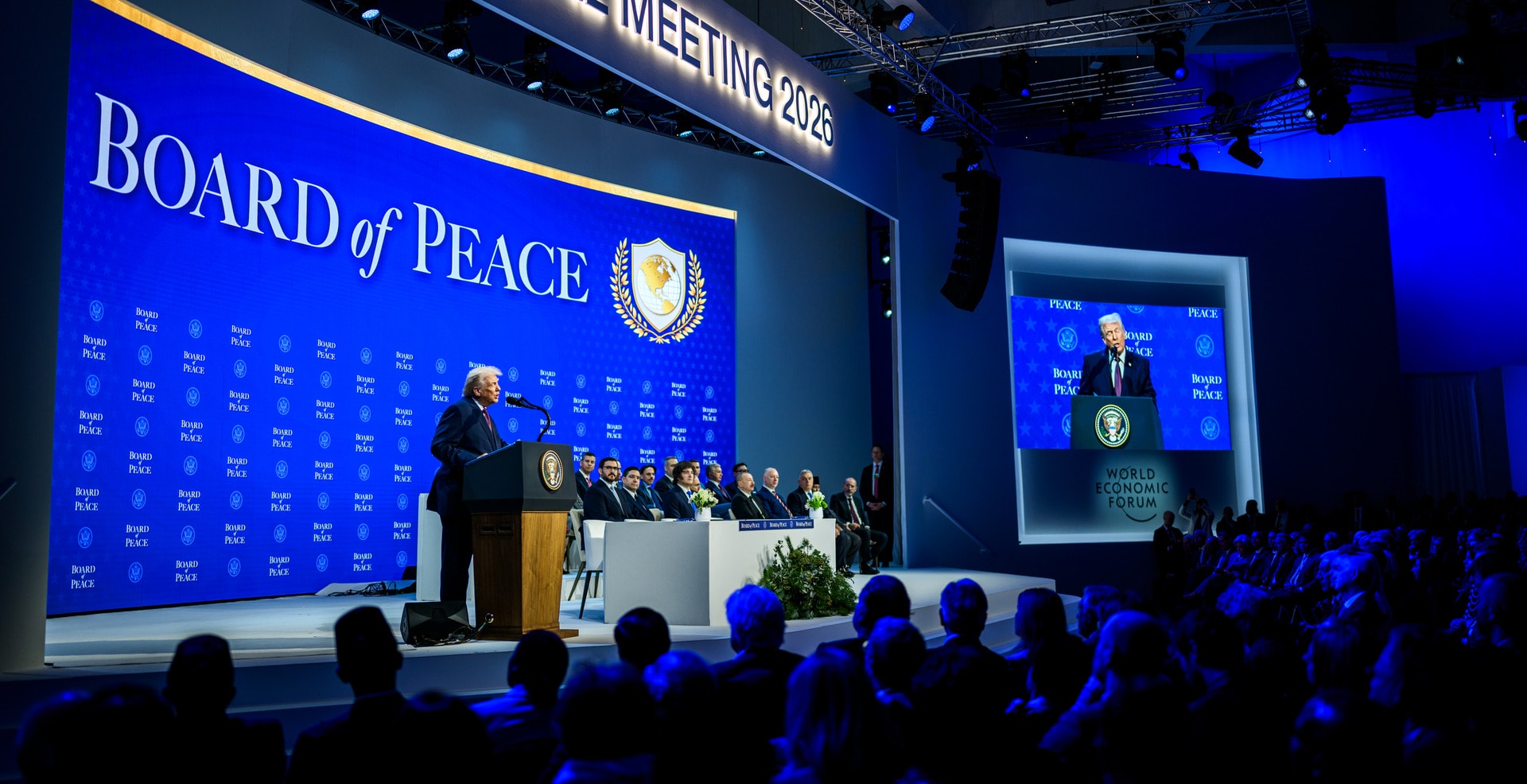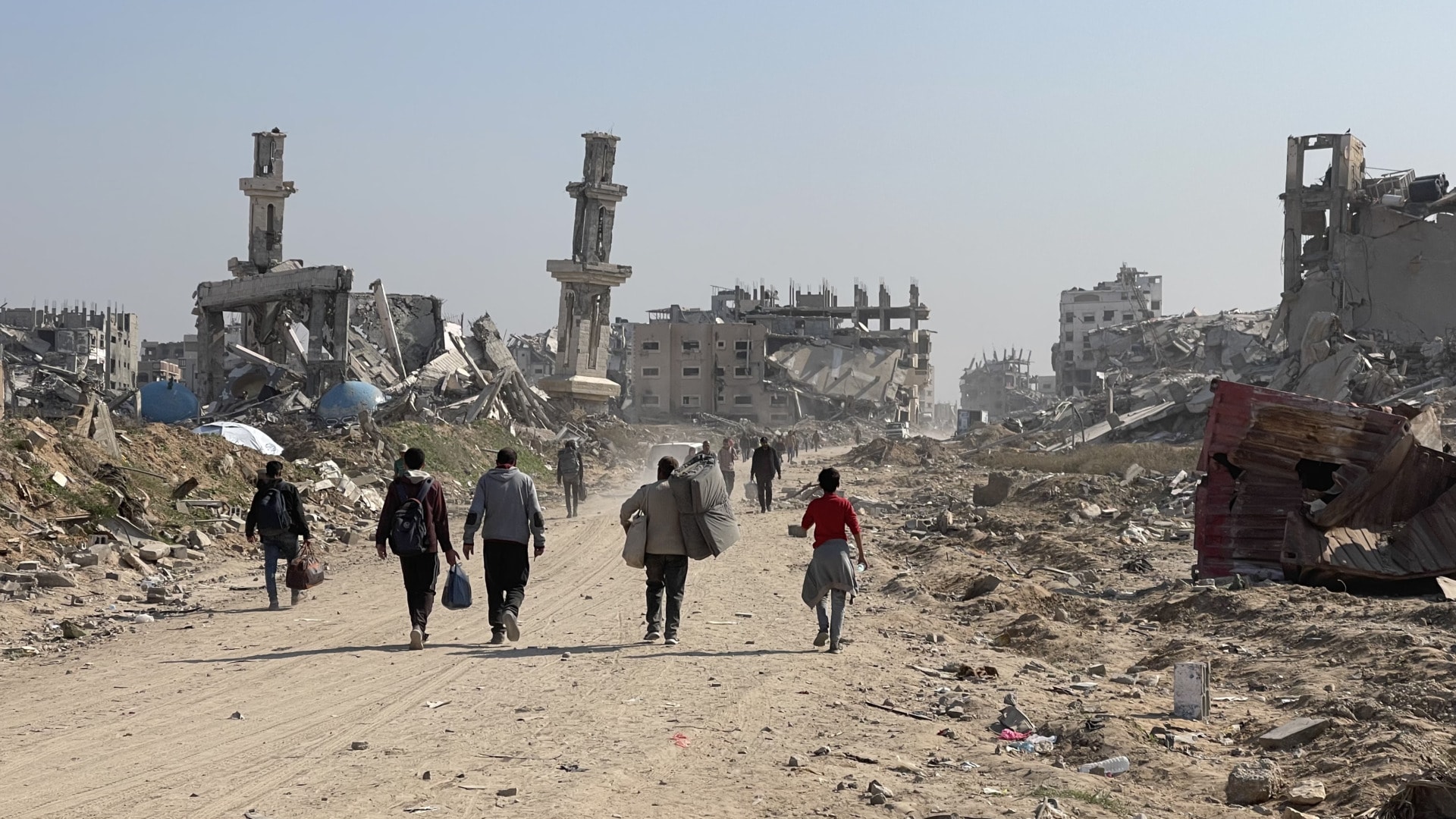Four months ago at the United Nations General Assembly, the global community came together in support of the Sustainable Development Goals (SDGs) and voted their approval unanimously.
The SDGs form a comprehensive framework of 17 goals aimed at ending global poverty and hunger, safeguarding the environment, promoting prosperity and fulfillment, and fostering peace by 2030.
If successful, this ambitious call to action would be the defining achievement of a generation, proving that humanity can indeed come together to solve the world’s problems and improve the lives of everyone. Built upon a foundation of economic development, social inclusion, and environmental sustainability, the SDGs acknowledge the intersecting nature of modern challenges to development. Consequently, one goal cannot be achieved, without addressing others. Therefore, the SDGs become a less formidable task for governments to accomplish.
Furthermore, the SDGs include high, middle, and low income economies, building upon the shortcomings of their predecessor, the Millennial Development Goals. This holistic approach recognizes the reality of modern globalized economies and the need for the participation of all nations in cultivating universal prosperity. Achieving the goals would create a better world, while also demonstrating that the global community can unite to solve vast global problems despite seemingly endless challenges.
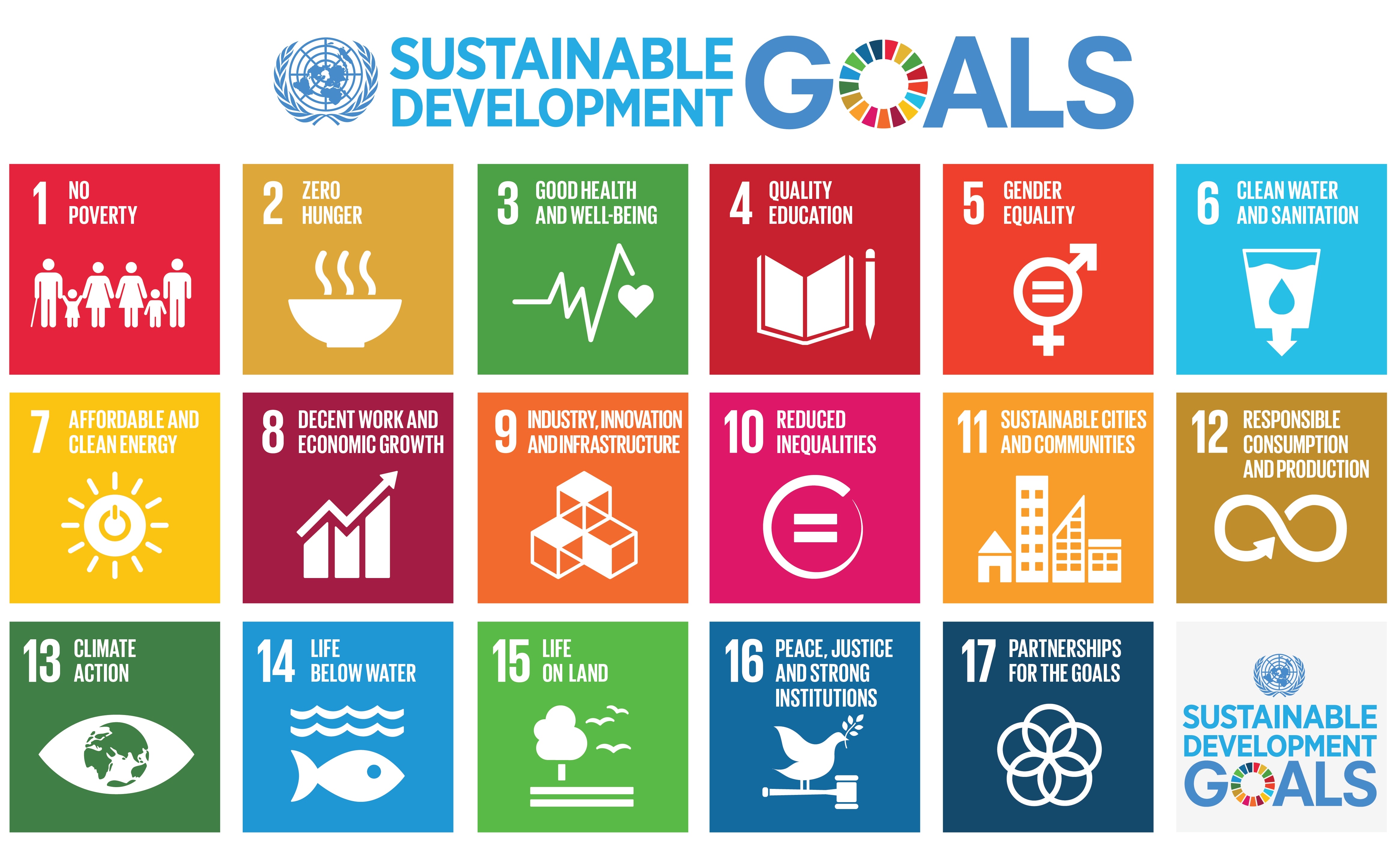
Currently, we are not on track to reach sustainable development despite tremendous global economic growth; the governmental systems in place now are not working and fail to take into account the intersection of economics, social equality, and environmental stewardship. Rising youth unemployment, high inequality, lack of social inclusion, and climate change are just a few examples of the challenges to staying on the trajectory needed to achieve the SDGs. However, multi-lateral action across industries and sectors may be the all-of-the-above solution required, and this is the strategy of the SDGs.
Moreover, given the recent tragic events in Paris, Beirut, Baja, and Mali, the global community must be resolute in sticking to the promises embedded within the framework of the SDGs and active in solving sustainable development challenges, which includes deescalating regional conflicts. Development cannot happen while violence dominates entire regions and displaces millions. Fulfilling the commitments required by the SDGs means people become empowered, families become safer and healthier.
As of January 1st 2016, the following 17 goals (in addition to 169 targets) went into effect for all of the 193 United Nations member states:
The Sustainable Development Goals
- End poverty and all its forms everywhere
- End hunger, achieve food security and improved nutrition and promote sustainable agriculture
- Ensure healthy lives and promote well-being for all at all ages
- Ensure inclusive and equitable quality education and promote lifelong learning opportunities for all
- Achieve gender equality and empower all women and girls
- Ensure availability and sustainable management of water and sanitation for all
- Ensure access to affordable, reliable, sustainable, and modern energy for all
- Promote sustained, inclusive and sustainable economic growth, full and productive employment and decent work for all
- Build resilient infrastructure, promote inclusive and sustainable industrialization and foster innovation
- Reduce inequality within and among countries
- Make cities and human settlements inclusive, safe, resilient and sustainable
- Ensure sustainable consumption and production patterns
- Take urgent action to combat climate change and its impacts
- Conserve and sustainably use the oceans, seas and marine resources for sustainable development
- Protect, restore and promote sustainable use of terrestrial ecosystems, sustainably manage forests, combat desertification, and halt and reverse land degradation and halt biodiversity loss
- Promote peaceful and inclusive societies for sustainable development, provide access to justice for all and build effective, accountable and inclusive institutions at all levels
- Strengthen the means of implementation and revitalize the global partnership for sustainable development
Impakter + SDSN-Y Collaboration
To expand the dialogue surrounding the SDGs and provide deeper insight into how they translate to developmental solutions on the ground, the Impakter team is pleased to announce its partnership with the Sustainable Development Solutions Network Youth Division (SDSN-Y) for a series on the SDGs. By telling the stories of those most affected, we gain a nuanced understanding of how progress can be made at the local level through the larger framework of the global goals. Storytelling creates empathy, inspiring action. The large media push around the adoption of the SDGs was inspiring, but our series aims to take it a step further.
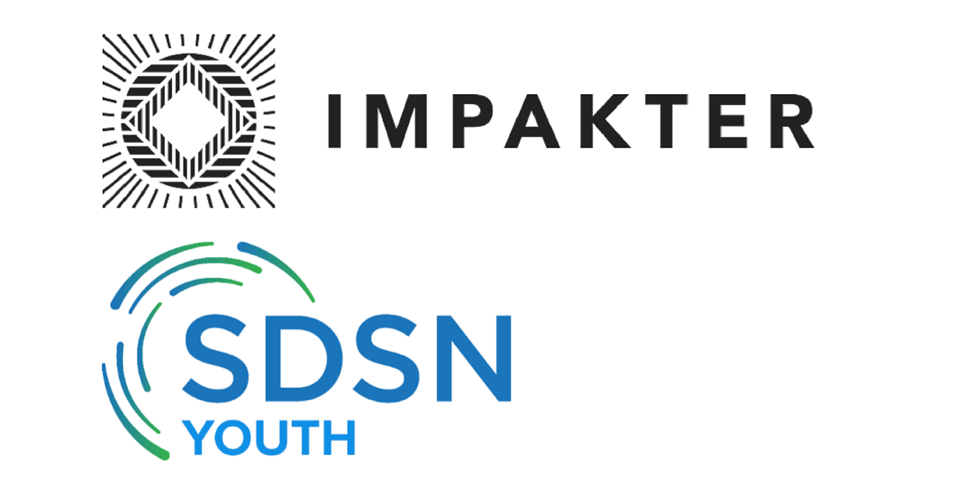
The SDSN-Y focuses on youth engagement, which Dr. Jeffrey Sachs, director of the Sustainable Development Solutions Network and Earth Institute, emphasizes as absolutely key to achieving the goals given the time horizon of 15 years.
Youth played an unprecedented role in the development of the SDGs, so it’s important to continually have their voices heard in the implementation process. This inclusivity is vital, as the agency of the youth is unwavering in its creativity, urgency, and passion. It is the present and a projection of the future.
Pondering the SDGs fills one’s mind with pristine imagery of peace that evokes a sublime feeling of hope. Not a fool’s hope, but a hope that is steadfast in the SDGs prevailing – and recent events usher in a refreshed feeling of optimism. Specifically, with the success of the UN Climate Change Conference (COP21) last month, the push to clearly communicate sustainable development solutions to a global audience is vital.
With each story we tell, the closer the sublime transforms into our reality – a new world through a set of 17 goals to be achieved by 2030 that will eradicate extreme poverty, tackle inequality and injustice, and ensure a sustainable planet. Know them. Learn them. Talk about them. We can achieve them, and we must.
